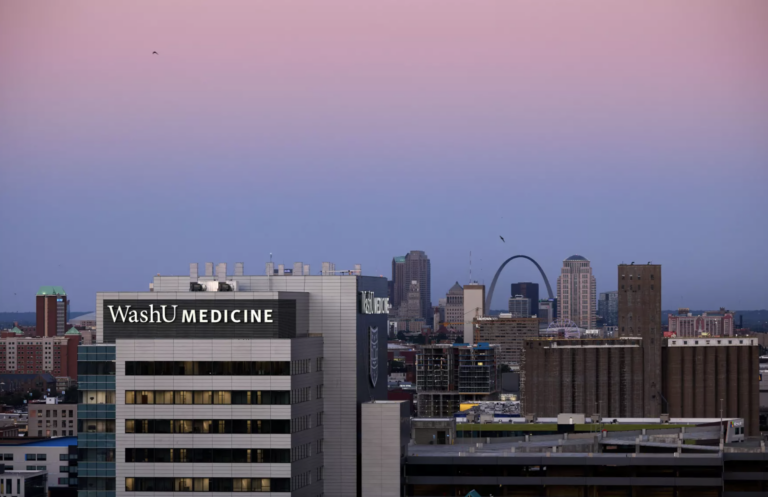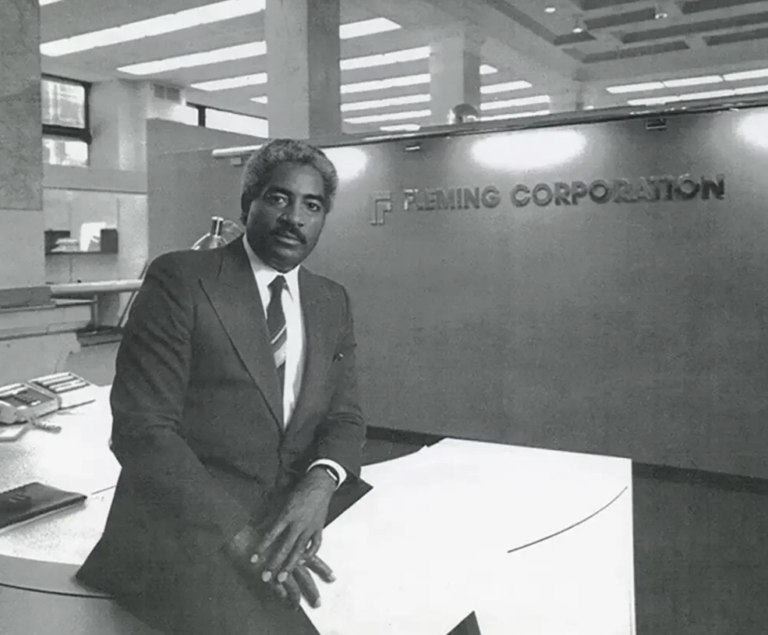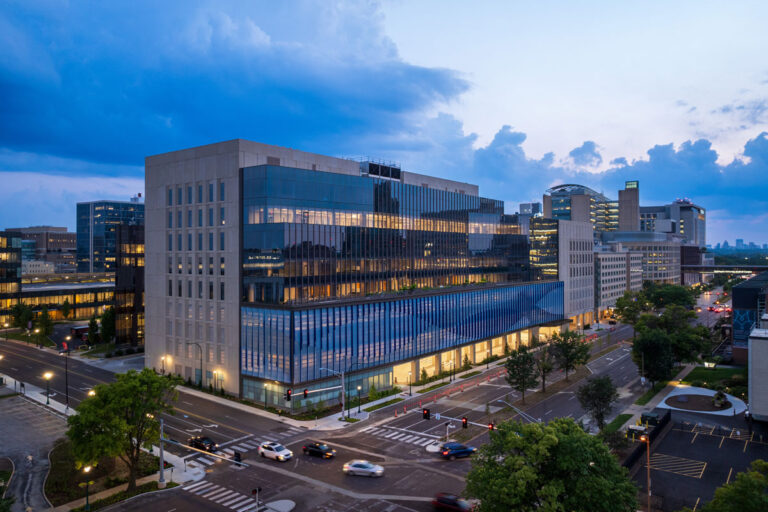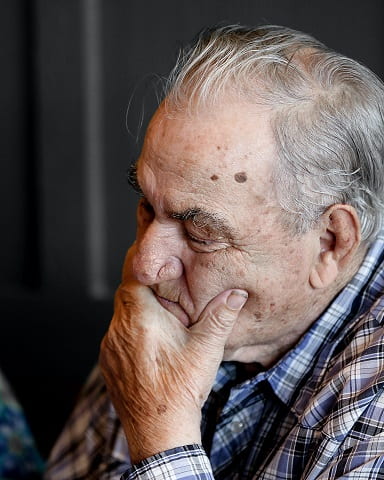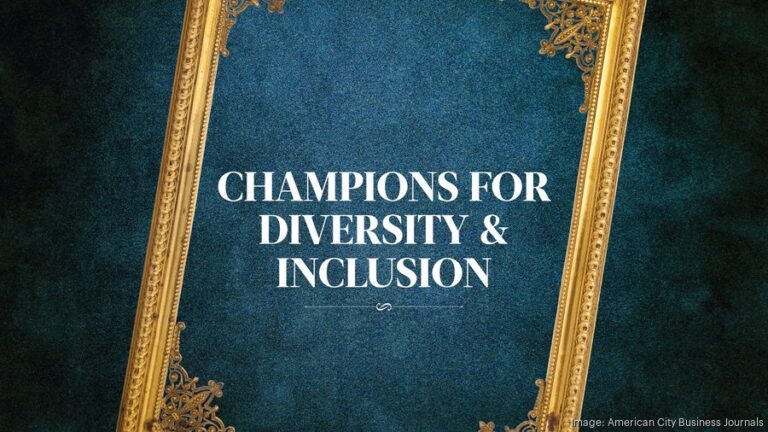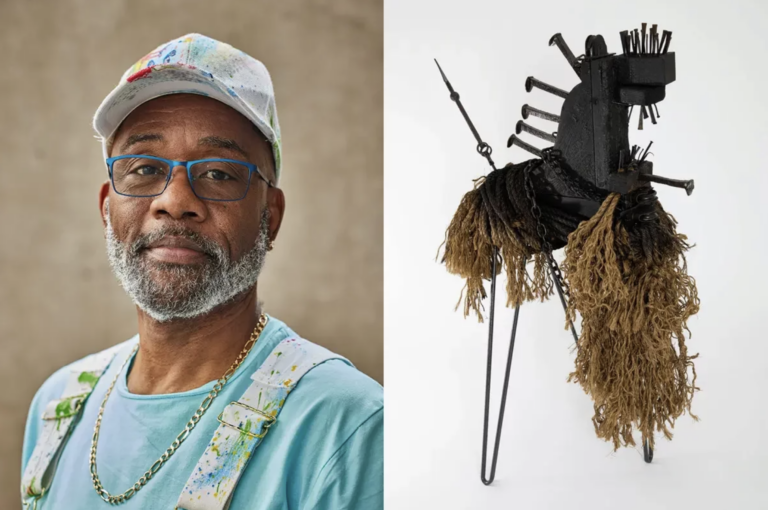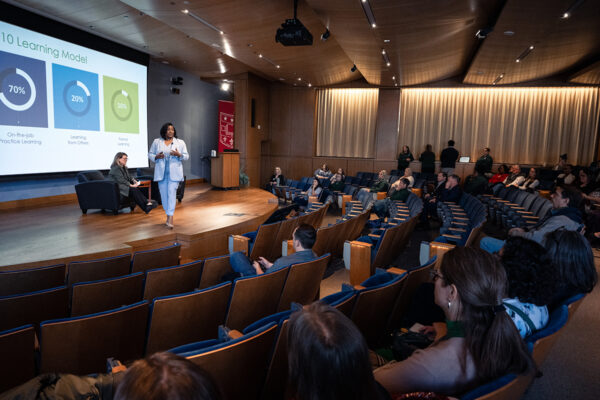St. Louis wants to turbocharge its neuroscience sector with the NEURO360 program
St. Louis is vying for a $160 million grant that leaders and academics hope will turbocharge the neuroscience sector and rectify entrenched health disparities throughout the region. The effort is part of an application to be one of the next National Science Foundation’s Regional Innovation Engines. NEURO360, the St. Louis proposal, is led by Washington University and BioSTL. It aims to build upon the region’s existing prowess in neuroscience research and develop those discoveries into new products, treatments and approaches to medicine, said Eric Leuthardt, chief of Washington University’s division of neurotechnology and one of NEURO360’s principal investigators.
Welcoming Growth: St. Louis Metro Records Country’s Highest Percentage Increase in Foreign-Born Population
Newly released data from the U.S. Census Bureau shows that efforts to increase the St. Louis metro’s immigrant population are succeeding, as the 15-county bi-state St. Louis metropolitan area recorded the highest percentage increase in foreign-born population among the 30 largest metro areas in the United States from 2022-2023.
Architect Charles Fleming helped members of his community work toward home ownership
The name Charles Fleming might not be universally known in St. Louis, but it should be. The first African American graduate of Washington University’s University College with a B.A. in architecture in 1961, Fleming would go on to become one of the most successful Modernist architects in St. Louis, with offices across the country in Atlanta, Washington D.C., and San Francisco. And, at a time when federal assistance in home mortgages discriminated against African Americans, he helped members of his community work toward home ownership. Fleming died in St. Louis on July 8, 2024.
How St. Louis health systems are coming together to meet the region’s needs
Area health systems including BJC HealthCare and WashU are addressing community concerns by collaborating on the Community Health Needs Assessment, investing in local businesses, donating, volunteering, and more.
New home for world-class cancer care opens on Medical Campus
Physicians, scientists, patients and WashU leaders — all united in hope — gathered Sept. 10 to celebrate the new home for world-class cancer care on the Washington University Medical Campus. The nine-story, 657,250-square-foot building will be devoted exclusively to outpatient care at Siteman Cancer Center, based at Barnes-Jewish Hospital and Washington University School of Medicine in St. Louis, and will welcome its first patients Sept. 30.
Focus groups help researchers learn how older people experience ageism
How do older adults understand and experience ageism? The Harvey A. Friedman Center for Aging, at WashU is organizing community focus groups to increase knowledge about ageism for intervention development.
Champions for Diversity & Inclusion Awards 2024: Mark Kamimura-Jiménez leads Center for Diversity and Inclusion at WashU
Mark Kamimura-Jiménez has been instrumental in Washington University’s efforts to center diversity and inclusion for the entire student body and university community, fostering a learning environment that enriches and supports students from all backgrounds.
The 2024 Great River Biennial artists are ready for the spotlight
The Great Rivers Biennial, an arts collaboration between the Contemporary Art Museum St. Louis (CAM) and the Gateway Foundation that spotlights and challenges local artists, will open at CAM on September 6. Three St. Louis artists have been chosen to display new work including Ronald Young, a WashU alum who is known for his use of mixed-media and sculptural assemblage. Young uses found materials (for instance, ropes, bricks, and nails) to create works that speak to his environment and the resilient history of Black Americans.
Bailey named a top St. Louis leader
Carla Bailey, director of learning and development for Human Resources at WashU, has been named one of Women We Admire’s “Top 50 Women Leaders of St. Louis for 2024” for her development and delivery of leadership and team-building programs and workshops.
Siteman Cancer Center to open new outpatient center this month
A new cancer center, under construction for three years, will open to patients at the end of September. Siteman Cancer Center’s new nine-story, 657,250-square-foot building, located at 4500 Forest Park Ave. on Washington University’s medical school campus, is slated to open Sept. 30. Siteman, a collaboration of BJC Health Care’s Barnes-Jewish Hospital and Washington University School of Medicine, said the building will be dedicated exclusively to outpatient cancer care.
